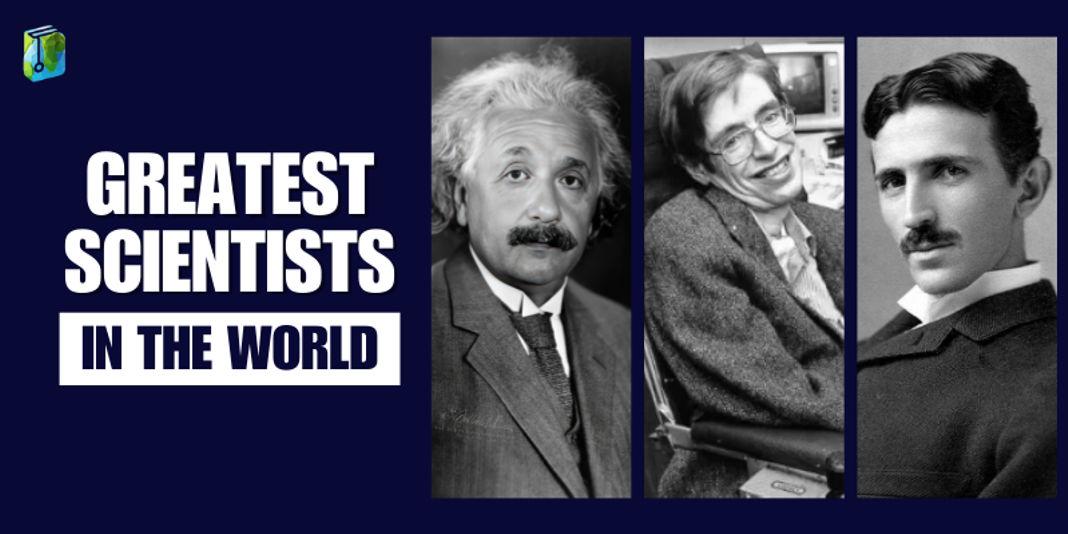The best brains in history have designed our world with revolutionary innovations. From the discovery of the universe to the eradication of harmful diseases, scientists have revolutionized our lives.
But who are the greatest scientists of all time? Why are they history’s most celebrated scientists today? This article examines the brilliant scientists, their greatest contributions, and how they’ve changed science and society.
Real-World Applications of Science in Human Civilization
Science has transformed the way humans live, work, and communicate. It has made life effortless, secure, and innovative. From medicine to technology, scientific discoveries have influenced modern life in many ways.
How Different Fields Have Changed Because of Science
- Medicine & Health — Discoveries like vaccines and antibiotics have saved millions of lives. (Eg: Marie Curie — radiation and cancer treatment)
- Physics & Space – Insights into gravity and relativity have opened the way to space travel and common tech such as GPS. (Eg: Newton’s Laws of Motion and Einstein’s Theory of Relativity)
- Electricity & Communication — The study of electromagnetism inspired electric power, lightbulbs, and all modern communication. (Eg: Michael Faraday’s discovery of electromagnetic induction)
- Computers & AI – Early ideas around computing laid the foundation for the current digital world. (Eg: Ada Lovelace on the first computer programs.)
- Farming & Industry – With the help of science, food production has increased and industrial machines have made life more efficient. (Eg: Norman Borlaug’s contributions to the Green Revolution)
The Role of the Scientist in Shaping the World
Scientists are not just researchers, but dreamers who define boundaries of knowledge. They have been accountable for:
- Medical Wonders – Vaccines and antibiotics.
- Technological Innovations – Electricity, computers, and artificial intelligence.
- Understanding the Universe – Theories of relativity and gravity.
The world would be behind without them.
Below are the most famous scientists in the world and their revolutionary findings.
Top 10 Scientists in the World and Their Contributions
Here’s a table that gives a brief overview of famous scientists and their contributions to the world:
Rank |
Scientists |
Major Contribution |
Field |
| 1 | Albert Einstein | Theory of Relativity | Physics |
| 2 | Issac Newton | Laws of Motion & Gravity | Physics |
| 3 | Marie Curie | Radioactivity | Physics, Chemistry |
| 4 | Nikola Tesla | AC, Electricity & Wireless Energy | Engineering & Physics |
| 5 | Charles Darwin | Theory of Evolution | Biology |
| 6 | Galileo Galilei | Modern Astronomy & Telescope Advancement | Astronomy |
| 7 | Stephen Hawking | Black Holes & Cosmology | Physics |
| 8 | Louis Pasteur | Germ Theory & Vaccines | Microbiology |
| 9 | Michael Faraday | Electromagnetic Induction | Physics |
| 10 | Ada Lovelace | First Computer Algorithm | Mathematics, Computing |
These world-renowned scientists have not only increased human knowledge but also motivated future generations.
Ideas That Changed the World
1. Albert Einstein – The Most Famous
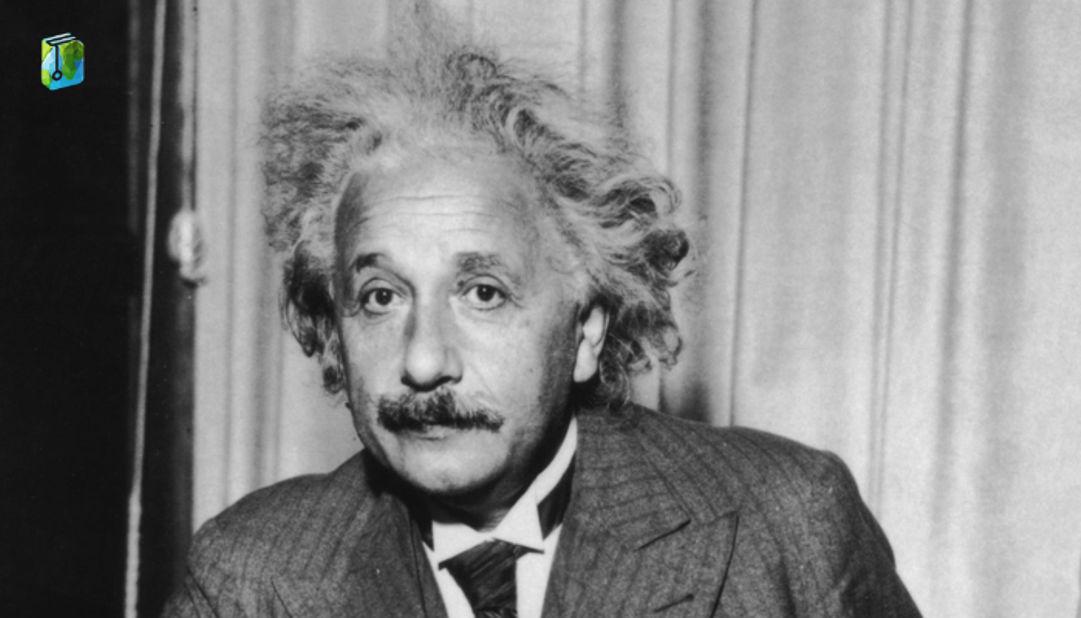
Did you know? Albert Einstein was not an outstanding student in school, but he thought differently than anyone else. He challenged the things that people took for granted as facts, and this resulted in the “Theory of Relativity”. This changed the way we perceive time, space, and gravity.
His most well-known equation, E=mc², conveyed how energy and mass are related. This concept provided the basis for nuclear power, which is used in both generating energy and treatments today. His findings changed the face of modern physics and introduced new potential.
Aside from science, Einstein wanted to make the world a better world. He endorsed peace and civil rights, showing that to be a genius isn’t all about brains—it’s also about heart.
2. Isaac Newton – The World’s Greatest?
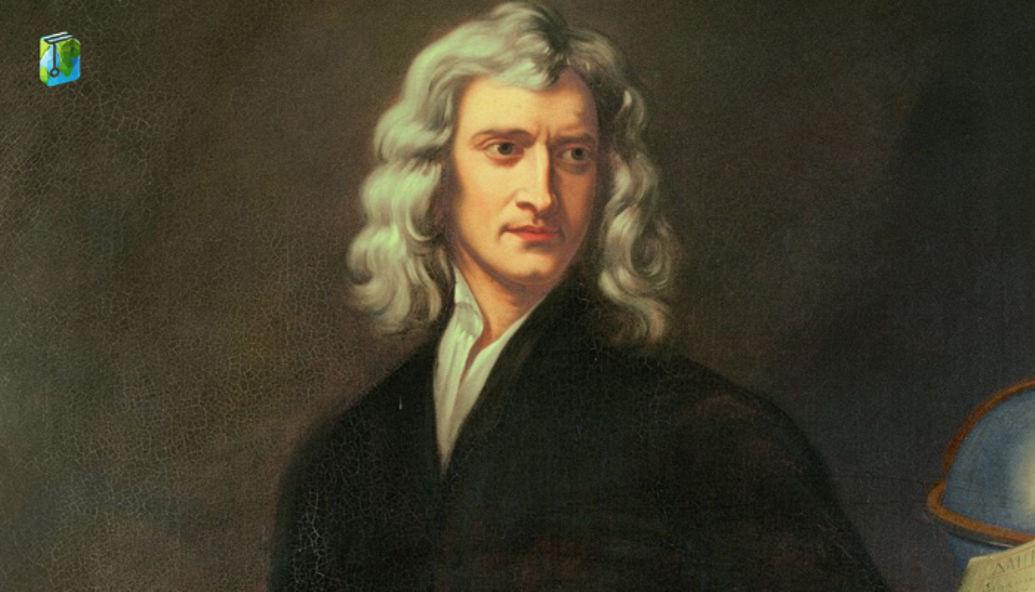
Isaac Newton taught us that things fall to the ground rather than away because of gravity. When he (apparently) saw an apple drop from a tree, he started thinking about the force drawing things toward the Earth. This discovery of gravity revealed why planets orbit around the sun and why we remain on the ground.
Newton also developed the three laws of motion, which define how objects behave when they are moving. The laws are used in everything from the design of cars to sending rockets into space. His work, “Principia Mathematica”, remains one of the most influential books in science.
But Newton’s brilliance didn’t end there. He also developed calculus, a form of mathematics that assists engineers and scientists in solving complex problems. His keen mind transformed the way we perceive the world.
3. Marie Curie – A Pioneer for Female Scientists
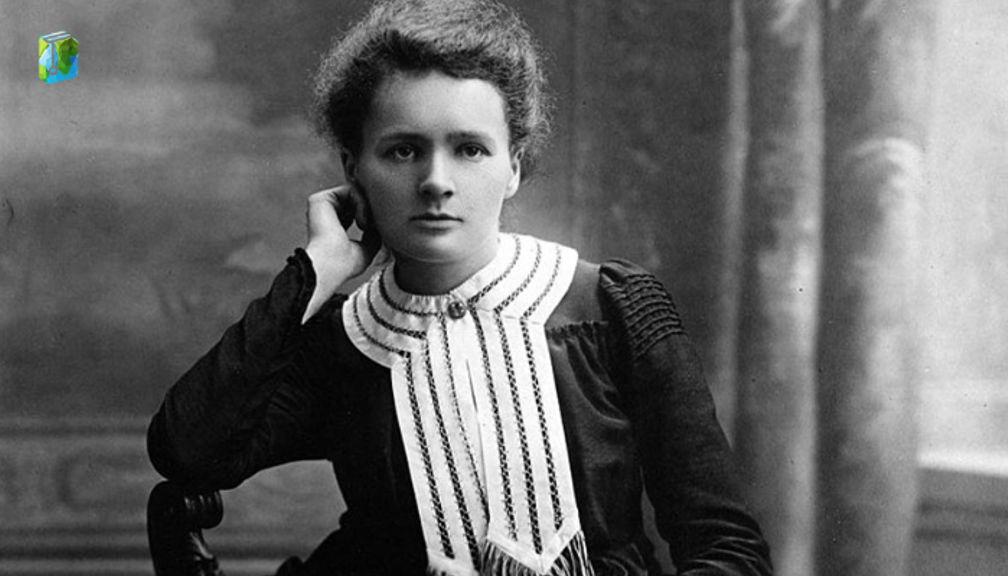
Marie Curie was one of the world’s greatest scientists. She was the first female Nobel Prize winner, and she is the only individual to have won in two distinct categories—physics and chemistry. Her research on radioactivity revolutionized medicine and assisted in the cure of cancer.
She found two new elements, radium and polonium, which were a huge contribution to science. Her work contributed to the creation of X-rays, which doctors now use to see inside the human body. Although it was risky to work with radioactive substances, she devoted her life to science.
Marie Curie demonstrated that women can be equally as smart as men, even in a profession that was predominantly male-dominated back then. Her dedication and findings are still inspiring scientists today.
4. Nikola Tesla – A Genius Before His Time
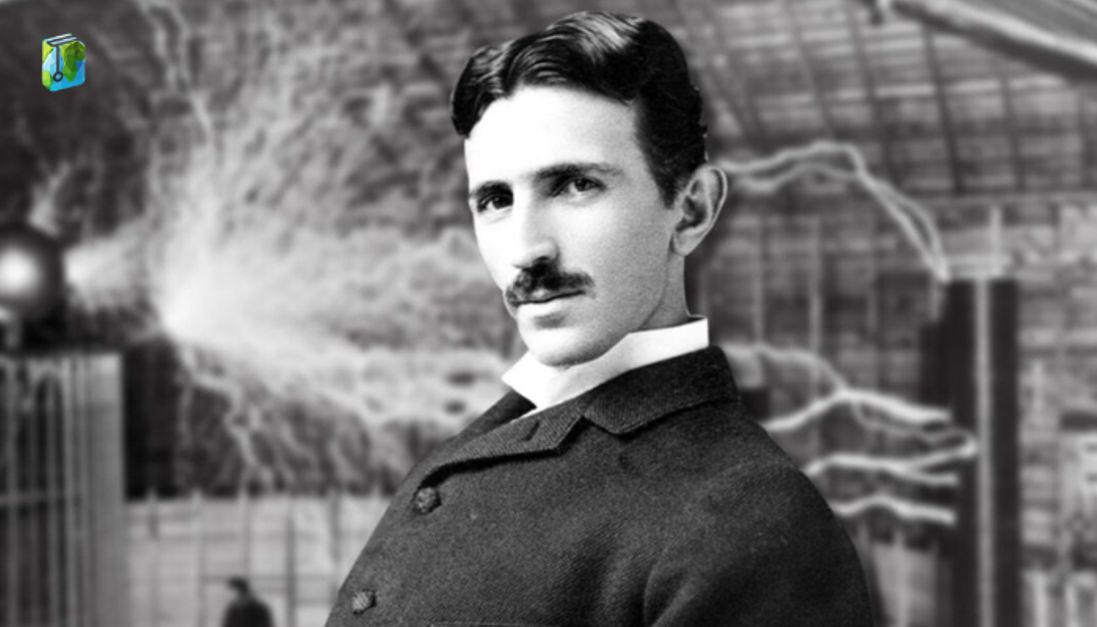
Nikola Tesla was one of the greatest inventors ever. He invented alternating current (AC) electricity, which enabled us to deliver electricity over long distances. Due to him, we have electricity in our homes, offices, and cities.
Tesla also thought of things well ahead of his time. He imagined wireless power, where electricity is transmitted over the air and not through a wire. Though this concept wasn’t practical in his day, scientists continue to try to develop it today.
Although Tesla didn’t receive as much praise as he was worthy of while he was alive, his inventions transformed the world. Electricity, as we understand it, wouldn’t be possible without him. A man ahead of his time!
5. Charles Darwin – Father of Evolution
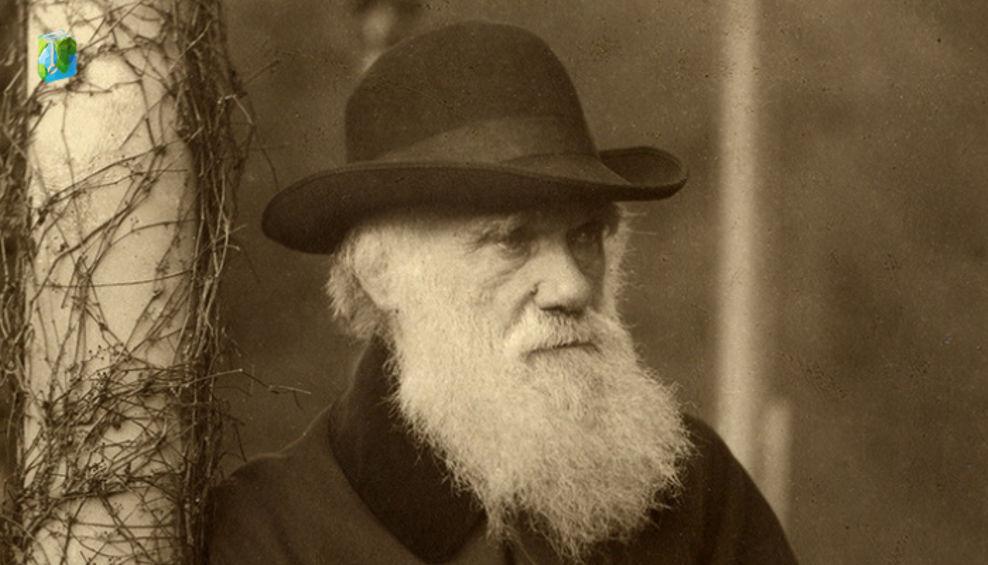
Did you ever think about how species adapt over time? Darwin’s theory of evolution broke it all down. Charles Darwin spent years traveling around the world to study different types of animal species. He noticed that animals change over time so that they can survive in their environments. This made him formulate the theory of evolution, which explains how living things evolve and change over generations.
His book, “On the Origin of Species”, challenged classical perceptions of life and proved to be one of the most important books in the field of biology. His proposition that all species, including mankind, evolved changed the way people perceived life on the planet.
Although his theory was controversial when he first came up with it, it is now embraced by scientists worldwide. His study revealed to us how all living things are connected in the circle of life.
6. Galileo Galilei – The Most Famous Astronomer
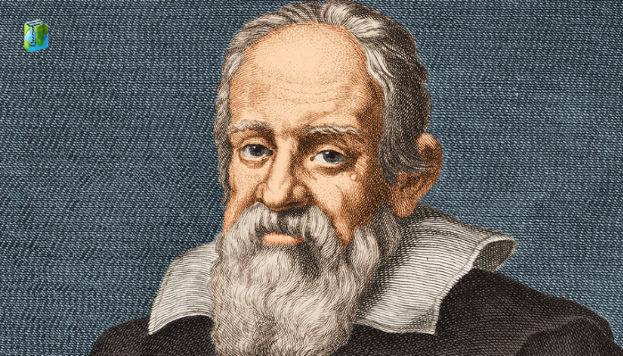
Galileo was one of the first people to use a telescope to observe the evening sky. He discovered moons revolving around Jupiter, which proved that not everything revolves around the Earth. It proved that the Sun, not the Earth, is at the center of our solar system.
Most of his conclusions ran counter to what the Church believed at the time, for which he was even made to suffer. However, science remained in full support of him. His work gave a fresh direction to how we see the universe and created modern astronomy.
He improved many scientific instruments and made experiments very precise. His contributions assigned him the title “The Father of Modern Science.”
7. Stephen Hawking – A Modern Mastermind
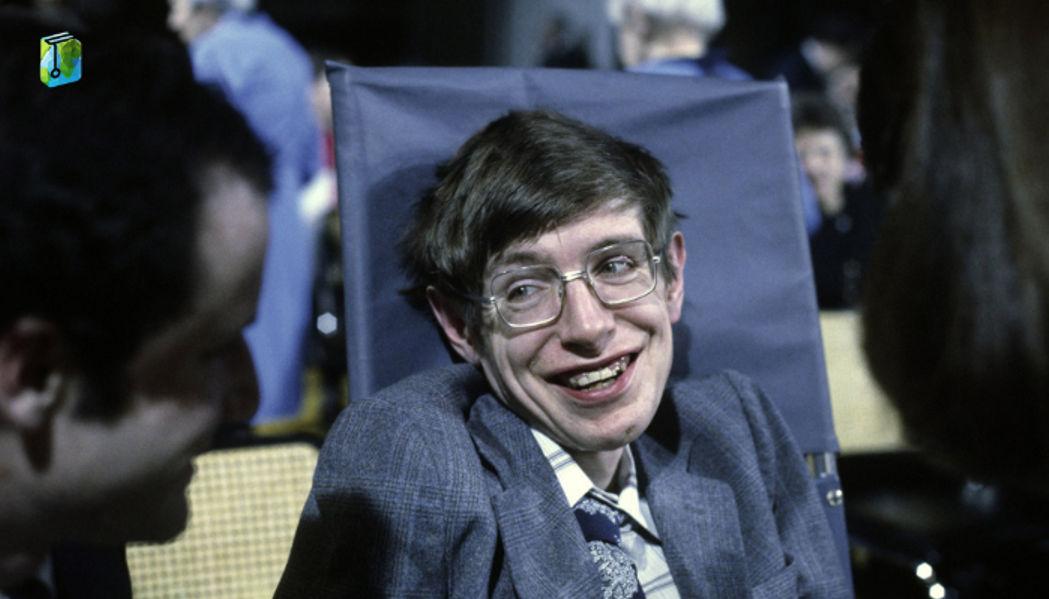
Stephen Hawking was an intelligent scientist who researched black holes and the universe. Although he had ALS, an illness that gradually deprived him of the use of his muscles, he kept contributing revolutionary ideas to physics.
One of his best-known concepts is that black holes gradually lose energy and decrease in size over time, a phenomenon known as Hawking radiation.
Even though he was ill, Hawking authored books to simplify science so that everyone could learn from them. A “Brief History of Time”, his book, was a global bestseller and motivated millions to study the universe.
8. Louis Pasteur – Father of Microbiology
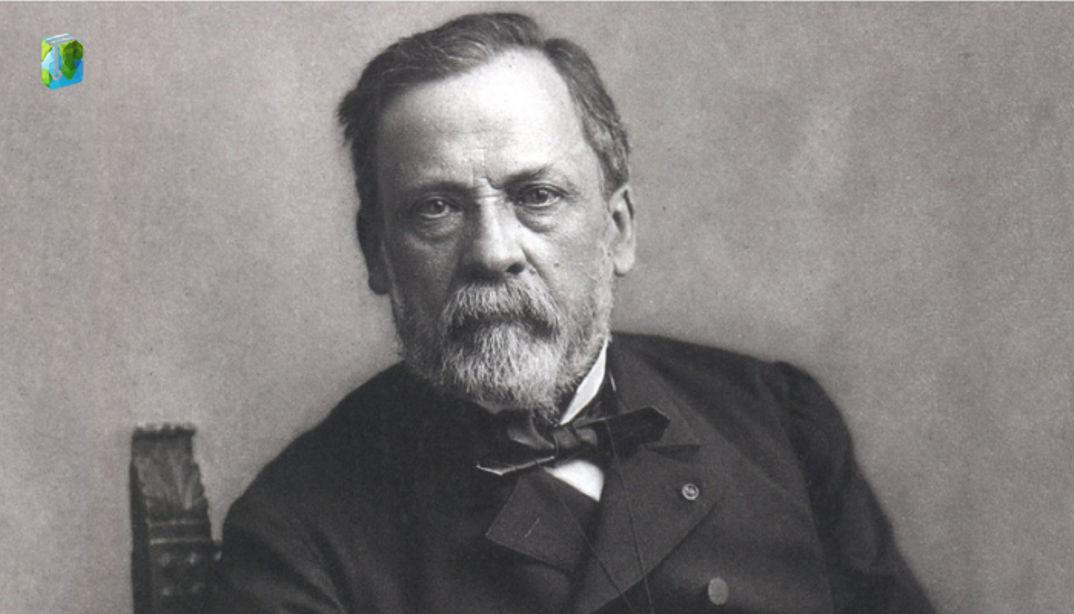
Louis Pasteur was a scientist who reshaped medicine. He found out that small germs are responsible for diseases, and by heating food, we can destroy unsafe bacteria. This is known as pasteurization, and that’s the reason our milk, juices, and other items remain fresh for longer.
Pasteur also created vaccines to keep people away from fatal diseases such as rabies and anthrax. His contributions opened the way for contemporary medicine and saved thousands of lives.
Due to his findings, physicians and researchers now know how to avoid infections. His contributions still protect people and keep them healthy today.
9. Michael Faraday – The Pioneer of Electricity
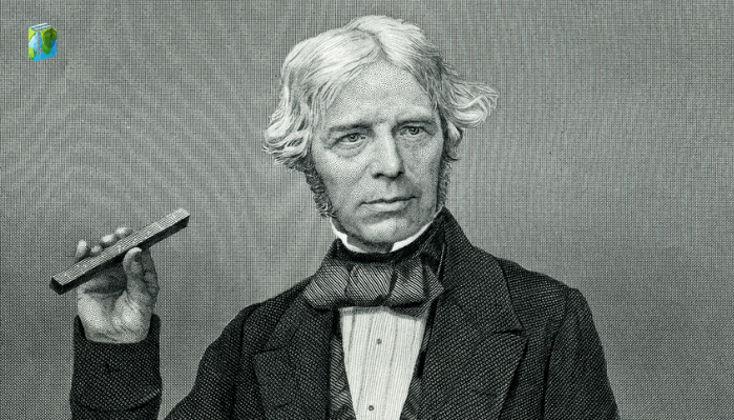
Michael Faraday was a self-taught scientist who changed the way we use electricity. He discovered electromagnetic induction, which made possible the creation of electric generators. His work became the foundation for modern electrical power.
Although he had little formal education, his inventions helped lay the groundwork for most of the electrical devices we use today. Faraday’s experiments and curiosity shaped the world of science.
10. Ada Lovelace – The First Female Computer Programmer
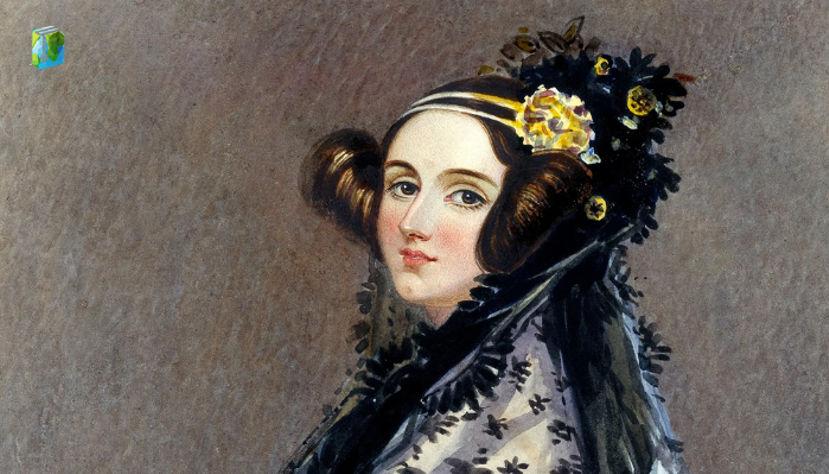
You may not have realized that Ada Lovelace composed the first algorithm exclusively for a machine. She was a woman ahead of her time. She collaborated with Charles Babbage on a device known as the Analytical Engine, one of the first computers ever designed. She recognized that computers could be used to perform more than basic calculations.
She developed the first algorithm, and became the world’s first computer programmer. Women were not encouraged to study science at that time, but she showed that there is no limit to intelligence.
Now, she is remembered as a computer science pioneer. Her contributions opened the way for the computers we use today, from laptops to smartphones.
Women in Science: Breaking Barriers and Making History
Women have done astonishing work in the sciences, yet they have rarely earned recognition. Some of the most renowned female scientists are noted in history aside from Marie Curie and Rosalind Franklin.
-
Dorothy Crowfoot Hodgkin (1910–1994)
Early Life and Interest in Science:
Dorothy was born in Cairo, Egypt, but spent her childhood in England. She was interested in chemistry, particularly molecular structure, from an early age. Despite the restricted roles for women in science, she followed her interest and studied at Oxford University.
Groundbreaking Discoveries:
She developed expertise in X-ray crystallography, a method for determining the structure of complicated molecules. Her work revealed the structures of insulin, penicillin, and vitamin B12, reshaping medicine.
Legacy and Recognition:
Hodgkin’s contributions enabled scientists to create improved diabetes and bacterial infection treatments. She was the first British woman to receive a Nobel Prize in Chemistry, showing that determination leads to greatness.
2. Barbara McClintock (1902-1992)
A love for genetics:
Barbara grew up having an interest in science and went to study botany. She was interested genetics, which was still in its infancy. She researched how genes function in plants, especially corn.
The Discovery of Jumping Genes:
While researching corn kernels, she discovered that genes could shift within the genome, contradicting the established idea that DNA was static. Most scientists did not accept it initially, but she was confident about her findings.
Recognition After Decades:
Years later, her breakthrough was finally recognized for which she won a Nobel Prize. Today, her work enables scientists to grasp genetic mutations, evolution, and even cancer.
3. Emmanuelle Charpentier (b. 1968)
Drive to Microbiology:
Born in France, Emmanuelle always wondered how bacteria and diseases functioned. She learned microbiology and held various research posts around the globe, hoping to leave a mark in medicine.
The CRISPR Breakthrough:
Her greatest success was co-inventing CRISPR-Cas9, a technology enabling scientists to modify DNA. Her invention opened the way for treating genetic diseases and developing new medicines.
A Nobel Prize and Continued Influence:
She was awarded a Nobel Prize in Chemistry in 2020 for her revolutionary work. Emmanuelle continues to influence the future of medicine, holding the promise of curing genetic diseases.
These are among the best women scientists in the field of science who have inspired generations of young girls to take up science, thereby ensuring a future for research and innovation in the years to come.
The Best Scientists Alive Today
Many brilliant minds continue to shape the future. Some of the best scientists today include:
- Jennifer Doudna – Pioneer of gene editing technology, CRISPR.
- Roger Penrose – Work on black holes and relativity.
- Jane Goodall – Fundamental research to the chimpanzees.
Best Colleges for Future Scientists
If you dream of becoming a scientist, you must choose the right college or university. Various universities in different parts of the world have world-class programs in several fields of science like forensic science, physics, and medicine.
World’s Best Colleges Offering Forensic Science
Forensic science is an interesting area in which science and criminal investigation are melded together. If this is your career aspiration, you must study at a university that provides practical training as well as good research facilities. Here are several best colleges for forensic science:
- John Jay College of Criminal Justice (USA) – An elite college for forensic science with specialized programs.
- UC Davis (USA) – good times with both practical and theoretical aspects in forensic science through laboratory exposure.
- King’s College London (UK) – It is a great college for forensic science, offering courses in forensic toxicology and genetics.
- University of Toronto (Canada) – Providing highly reputable forensic science and crime scene investigation programs.
- University of Sydney (Australia) – Known for its cutting-edge research in forensic sciences.
Best universities for science and research
If you want to become a scientist in any field, these forensic science and other scientific universities offer world-class education:
- Massachusetts Institute of Technology (MIT) – Famous for research in physics, chemistry, and engineering.
- Harvard University (USA) – A top choice for medical and life sciences research.
- University of Cambridge (UK) – Known for contributions to various disciplines, including physics and forensic science.
- Stanford University (USA) – A leader in innovation and scientific research.
- ETH Zurich (Switzerland) – One of the best institutes for natural sciences.
Choosing the right university can equip you with a solid foundation in science and open your way towards a whole new range of exciting career options.
Conclusion:
History has been made by some of our most famous scientists: from Newton to Einstein, Curie to Hawking. They have discovered aspects of the universe that created the world we are living in today, and their work continues to inspire generations to come.
As technology continues to advance, new scientists will rise to the challenge, discovering the secrets of the universe and bettering life for all of us. Who knows? Perhaps the best scientist of the future is reading this article today!
FAQ
1. Who is the greatest scientist of all time?
Many people believe that Albert Einstein should be considered the greatest scientist of all ages due to his revolutionary theories in physics.
2. What is the name of the best female scientist in history?
Marie Curie is often referred to as the best female scientist for her work in radioactivity and two Nobel Prize wins.
3. Which scientist had the most impact on the world?
Isaac Newton established physics and mathematics with laws of motion and gravity, shaping these two subjects as we know them.
4. Who is the most famous scientist alive today?
Living among us today, Jane Goodall and Jennifer Doudna are perhaps the most familiar scientists making an impact.
5. What is the best scientific discovery of all time?
Outstanding discoveries include electricity, evolution, relativity, and DNA sequencing.
6. Who are the top researchers in the world today?
Some of the leading scientists are Jennifer Doudna (Genetics) and Kip Thorne (Astrophysics).
7. Who was the best physicist in history?
The best physicists of all time are usually considered to be Einstein and Newton.
8. Are there any top female scientists in the world today?
Yes. Emmanuelle Charpentier and Jennifer Doudna are exceptional scientists known for their groundbreaking work in genetics.

